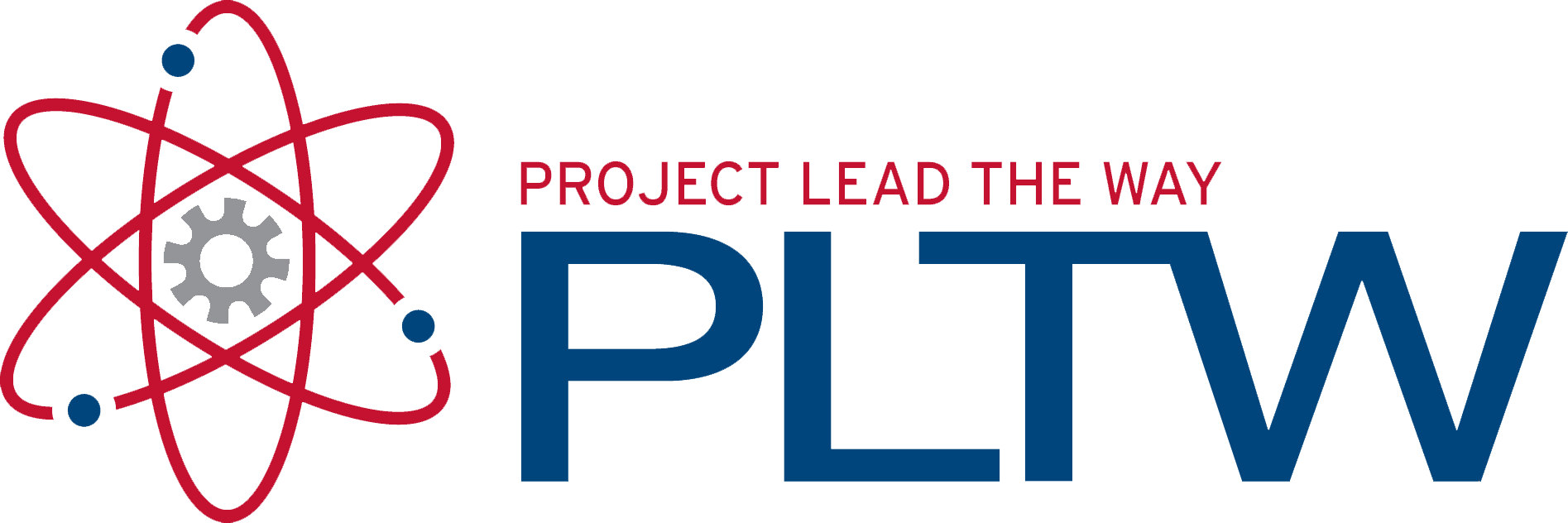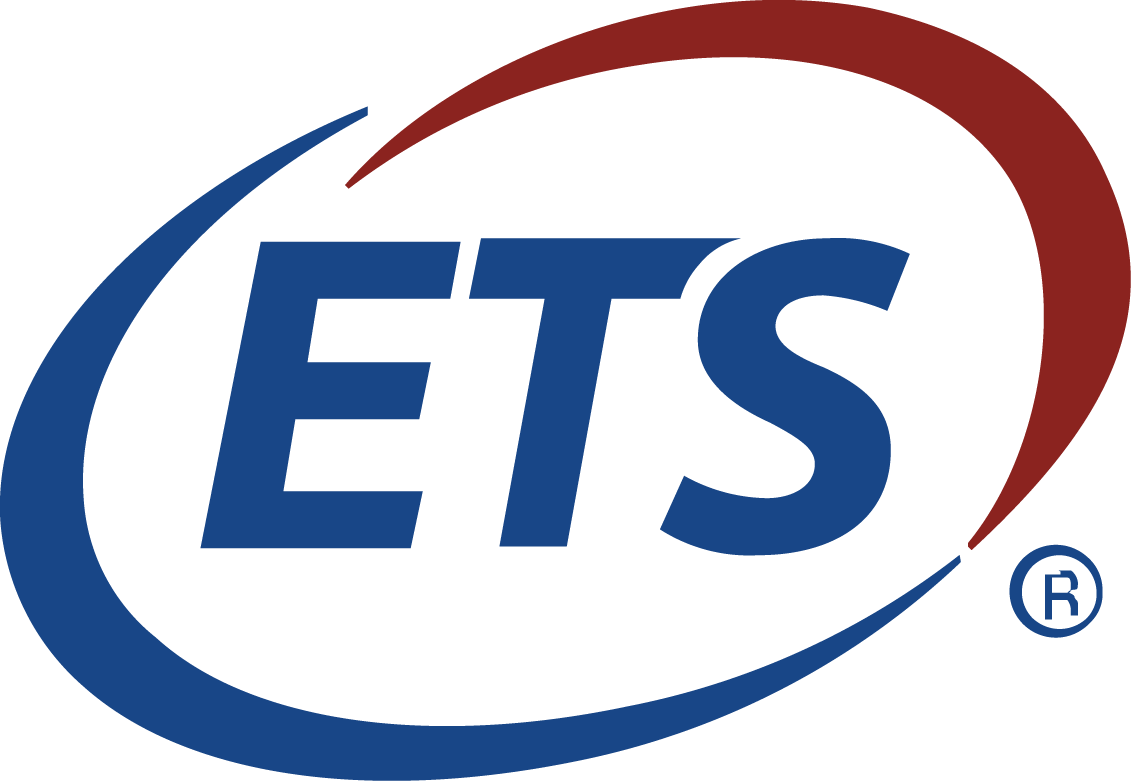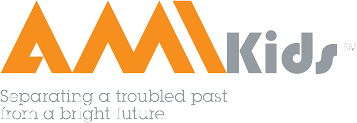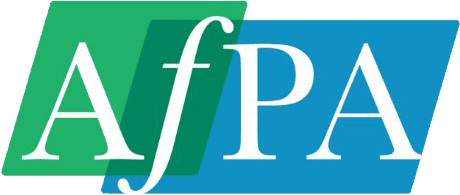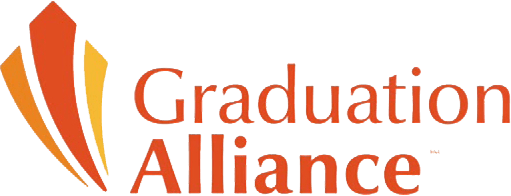New Title

Opportunities for Students with Disabilities in a District-Wide Collaborative Project
Preparing students for the challenges of college, careers, and life is an integral part of every student's K-12 education. Whether the aspiration is higher education or workforce placement, ensuring that every student is adequately prepared remains the objective of districts across the country. Yet, for students with disabilities, preparation for workplace skills is at the top of the list, as many find themselves going straight into the workforce as their most suitable option.
Dr. Aaron C. Spence, the Superintendent of Virginia Beach City Public Schools, recognizes the unique aspects facing those with disabilities. Along with a wide variety of programs offered in the district, he has prioritized providing students with disabilities the workforce training and placement to better their lives. Through a partnership with the locally embedded Naval community and an organization called Project SEARCH, Dr. Spence is proud to be the first district utilized in the first-ever collaboration.
Todd Dallas Lamb of Strategos Group had the opportunity to sit down with Dr. Aaron Spence and Sara Cummings, a parent of a student with disabilities, to discuss the successful first year of the partnership during his podcast On the Clock. Below is a version of the interview highlighting the remarkable success of that student named Delaney, who not only learned essential skills through the program but is now employed by the Naval Station, Oceana.
Todd Dallas Lamb: We are thrilled to have our first superintendent and parent combo interview today. My guest is an old friend, Dr. Aaron Spence, from Virginia Beach City Public Schools, and Sara Cummings, the parent of Delaney, a remarkable student with disabilities that embraced and entered the partnership between the Navy and Project SEARCH. We want to dive into the program Project SEARCH, which represents a unique opportunity for the special education community.
Aaron, let's first hear a little about your relationship with the Naval community that led to the program's partnership.
Dr. Aaron Spence: We have a lot of supportive partnerships with the military in our district. Many wonderful programs exist for our military students and families, representing 20% of our student population, or 18,000 students.
There are military family life counselors at most of our schools. In addition, we work closely with school liaison officers stationed at three installations within the city proper to integrate into our school district. And we're right next door to Norfolk Naval Station, the world's largest naval station. So we're attentive to and proud of the relationship in Virginia Beach.
Many school districts around the country serve military children, and there are opportunities in everything we do to support students who are an integral part of the military mission and our communities.
The work of Project SEARCH is incredible. They aim to help young people with significant disabilities find success and employment. It's all about transition. Allowing them to work and develop the skills needed to make that transition as they come out of our schools.
We are very proud of Project SEARCH, which has many partnerships across the country, including the military. Still, we are the Navy's first Project at Naval Station, Oceana, the East Coast master jet base.
Eight students participated in the brand-new program, including Delaney, whose mother, Sara, will describe her remarkable journey.
Lamb: Sara, tell us a little about how you were approached and found out about Project SEARCH and what year did Delaney start the program? Could you walk me through how she initially related to the program and whether it was an easy transition?
Sara Cummings: Thank you, Todd. She started in 2021, after her teacher and coordinator recommended the program. She was post-high school technically but still eligible to receive public school services. We were exploring new agencies to help with that transition at the time, and she checked many boxes for eligibility.
For her, it was perfectly timed because it was her last year of eligibility as a student with public schools. She had already done three years of a transition program in her high school, giving her some work experience, but COVID limited what she could do in the community.
She was ready to get out, do something new, and transition into adulthood. Unfortunately, as parents, we weren't as prepared. Leaving the public school system was scary, but she was okay with it. She's open to change and responds well to it, which kids with disabilities often have difficulty doing.
Lamb: You say she checked a lot of boxes. One of the standouts must have been how she's comfortable with change.
Cummings: Yes, she's very comfortable with change. It was a one-year program, and in the end, the expectation was that the person would be eligible to apply for a competitively paying job. So she would be transitioning out of public schools anyway, which would be perfect for her.
Also, accessing a military base in some form or fashion was helpful. I think Delaney's readiness to take on work and something new that was outside of the school system was significant.
Lamb: What's Delaney doing now? What's the job her training funneled into?
Cummings: She funneled into what she applied for and was accepted to be a sales associate at the Naval Air Station Oceana Navy exchange in their consumables department. The title is a mouthful. [laughs]
Lamb: My wife and I have sponsored Naval Academy midshipmen for years. The Naval Academy store is one of the great retail experiences and one of the most patriotic. What a terrific job for Delaney.
Aaron, how many students participated in the program, and could you expand on your observations?
Spence: Eight students participated in the Project SEARCH program along with Delaney. There's actually an article about our first graduating class on the Project SEARCH website that describes the success of the brand-new program.
As Sara mentioned, we had our special education coordinators, all of whom were familiar with the students in our schools and knew who would be successful in the program.
Sara talked about checking boxes in partnership with the military, such as the ability to get on to the installation and being open to change. But there's much more to it.
You have to be comfortable around other adults. You have to work with people to resolve conflicts. There are skills that students learn, but they have to have a predisposition to those skills. It's a pretty unique group of kids.
One of the reasons that we reached out to Delaney is that she is so inspiring when you speak with her. She shares her experiences, who she loves, and what her favorite things were to do at the installation. Delaney didn't just do one job; she worked across many different parts of the facility. Talking to her about those jobs, her supervisors, and what she learned is valuable and inspiring.
It was an incredible experience to be able to learn from Delaney about how Project SEARCH was impacting her life. Her passion seeps through. We're really proud of the program.
Lamb: Sara, one of the observations I've made over the years is that if you want to find someone who can sink their teeth into an issue or a project, find me the mother of a student with disabilities. They are the most incredible advocates for their kids. Is it an inspiring group of people to be around when you're in the audience of fellow moms and dads that have students with disabilities?
Cummings: Absolutely, and it raises a point about what made Project SEARCH truly helpful for us. We were used to being an advocate for Delaney and spent time getting her up to speed on advocating for herself. So, Project SEARCH was about letting us feel comfortable with her taking the reins on being her own person and an employee and "us" not being part of that in any shape or form.
That was probably the biggest part of the transition, and other parents have shared those observations. We have been amazed at what these young people have been able to do and recognize now how we were limiting them in certain ways because of not letting them take the reins. It was a real growth experience for not just the kids but the parents.
Lamb: I think it's fair to say that what Sara speaks of applies across the education spectrum. I think we'd all be amazed at what they can do if we just allowed ourselves the ability to trust that they can handle it. I'd love your opinion of that, Aaron.
Spence: We talk about this all the time. Children rise to the expectations we set for them. If we set high bars, we know that they will reach higher.
I heard a great story about a woman who took her grandson to a basketball court. He kept shooting at the hoops and missing. She wanted him to experience the joy of getting the basketball in the hoop. So she went to pick up a trash can to have him shoot and experience the satisfaction of making a shot. But she chose otherwise, recognizing that if she made it easy, he would stop trying to achieve the original goal.
We often want to lower the bar because we have compassion or empathy for a student who struggles, but the reality is we have to keep the bar high and then build support for our kids to thrive. A program like Project SEARCH does precisely that. It's a high bar for students with support layers to make that transition.
Sara is right. A parent, who spoke at a luncheon, hit that home. He said he had spent all his life viewing his job as having to protect his child because of his differences. But then he realized he had missed the boat and needed to let his child go out into the world and show off what he could do. It was a very touching moment. Again, it is roots and wings. You want to grow long roots for your kids to keep them secure. But then you give them wings, let them fly, and show you what they can do.
Lamb: Aaron, it sounds like, through your association with the Navy, you have a built-in program for jobs, a vast installation, and multiple ways students can be civilian workers in a military complex. Do you know of other ways Project SEARCH is using their program with different that don't have military institutions so other superintendents might take notice?
Spence: They work with other organizations and communities that are not military. For instance, if there's a large business in the community, Project SEARCH will partner with the school district. They find similar opportunities for students to work with those organizations, learn job skills, work with others, and solve conflicts. The expectation is for students to transition directly into employment.
I know Project SEARCH is proud that the students often get jobs where they worked, which is excellent. When students do internships and have the opportunity to go out and receive workforce experience, employers get to know them and start to understand the person and skillsets.
When I go to a chamber function and talk about workforce needs, I always say at the end; my kids are ready when you hire them. And when they seem reticent about hiring someone straight out of high school, I tell them, “Get to know them before they leave high school, and you're going to be amazed by what they can do for you.”
Learn more about Project SEARCH and their transition to work program. To hear the podcast in full, visit Todd Dallas Lamb’s On the Clock.


